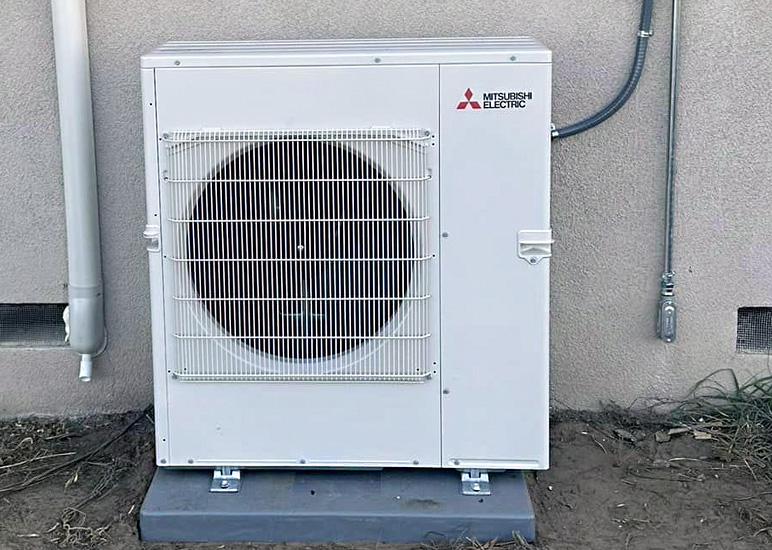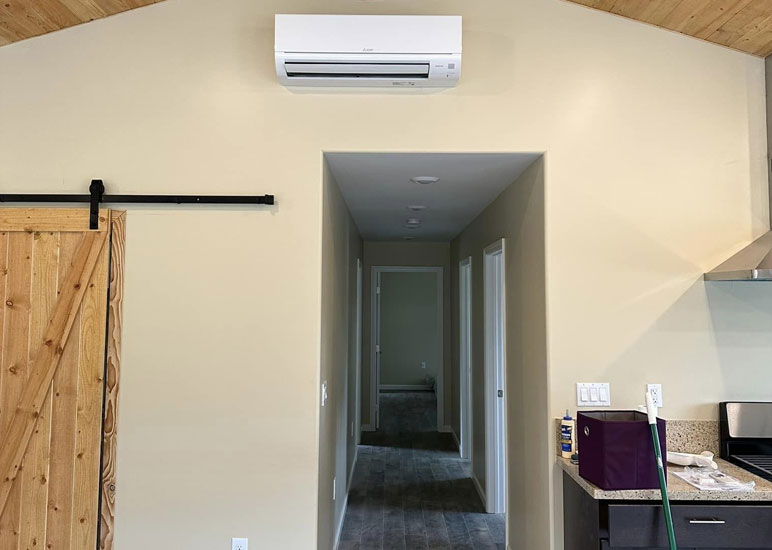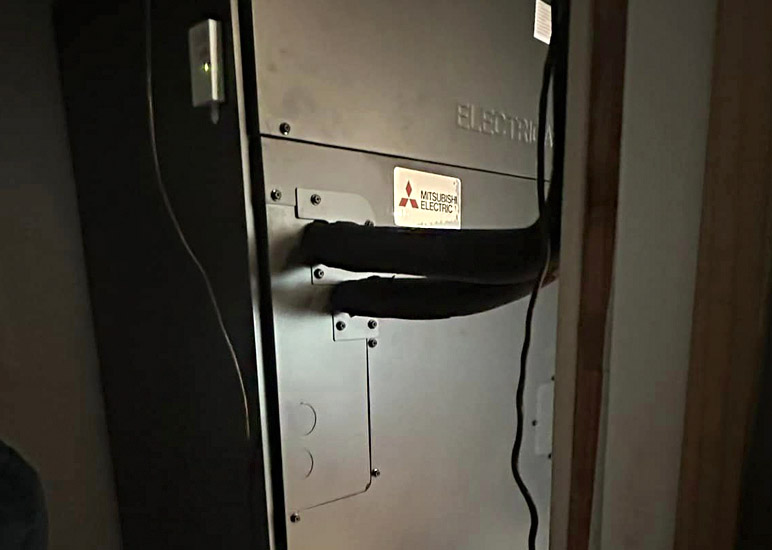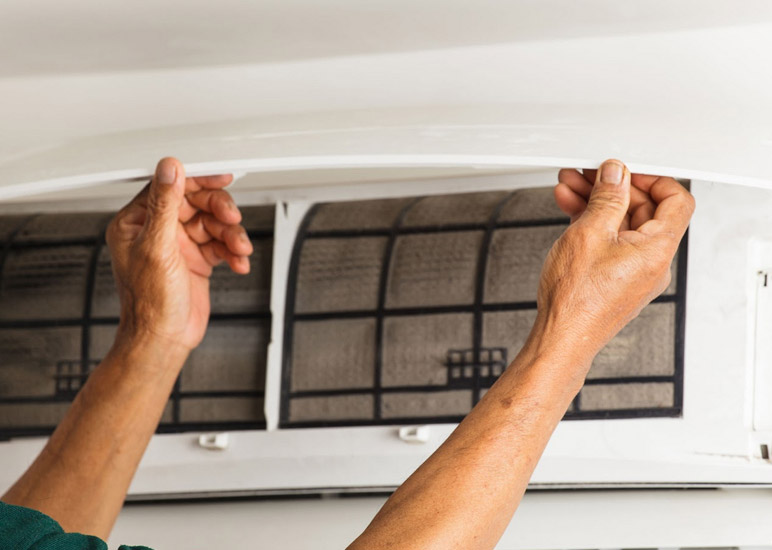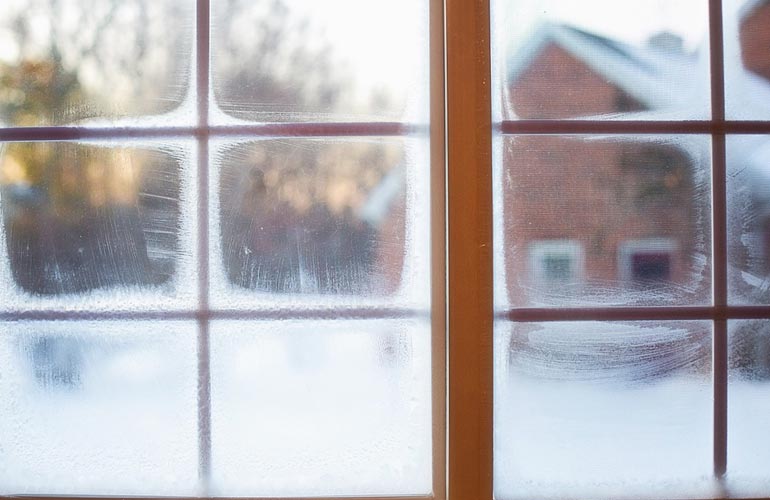 Do you get a sore throat in the winter?
Do you get a sore throat in the winter?
You can thank the dry winter air for plenty of physical symptoms, like sore throats and dry skin. Low humidity can also create little annoyances like static in your hair or in your laundry. Your frustration may have you wondering why winter air is so dry, and if there is anything you can do to reduce the impact of dry air on your health and comfort.
Why is Winter Air Dry?
Winter air isn’t just dry in California. It’s dry everywhere. Humidity levels in colder air are always lower than humidity levels in warm air. The reason for this is simple. Humidity is just water vapor, and the colder water vapor is, the heavier it is. The humidity in cold air may condens into a liquid and get left behind when the wind blows.
Plus, cold air picks up less humidity than hot air when it moves over the ocean. While you’ll still feel wetness in the air when you stand on the edge of a California beach in December, it’s much less wet than it would be in July. So, during winter, the colder air that blows into your neighborhood has less moisture than the warm air it pushes out.
How Winter Dryness Affects Your Family
Dry winter air can have a serious impact on your comfort both outside and in your home. Those with certain skin and lung illnesses are affected the most as dryness exaggerates their symptoms. That includes respiratory illnesses such as asthma and bronchitis and skin conditions like eczema.
Even if you’re perfectly healthy, your respiratory tract and skin may suffer, as they need moisture to function. You may feel many physical symptoms from low humidity, including:
- Dry throat
- Nose bleeds
- Coughing
- Dry skin
- Sinus irritation
When the air is dry, you’re also more likely to catch an illness. Daniel Allan, MD, explained to the Cleveland Clinic that sinus mucus is supposed to catch germs as they enter your body, but when the air is dry, your body struggles to make enough mucus to defend itself.
How to Combat Winter Dryness
You can apply lotion, drink more water, and do other things to help yourself get more comfortable, but ultimately, you need to address your quality of air and level of humidity to get better. Here are a few ways you can use your HVAC system to boost your humidity.
- Central heating: Have consistent heat throughout your home to help maintain what humidity you have. If you struggle with humidity problems, turning off your furnace for a few hours a day to help save on heating costs may not be worth it.
- Bathroom fans: In the summer, bathroom and whole-house fans help remove humidity from your home. In the winter, a bathroom can help take the precious humidity generated from your shower and disperse it to the rest of the home.
- Humidifier: The best solution for serious humidity problems is to use a humidifier. However, don’t let humidity levels get too high in your home. More than fifty percent humidity can cause mold growth and other problems.
Which solution is best for your home and budget? Reach out to your HVAC professional to discuss how you can best combat dry winter air.

